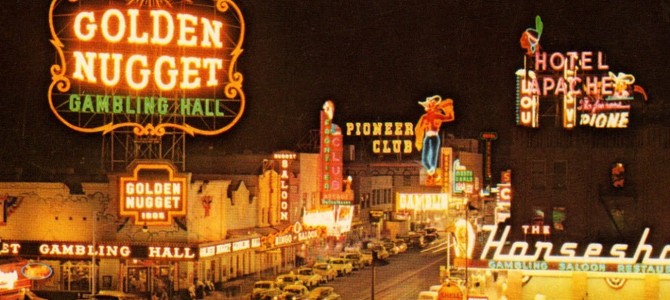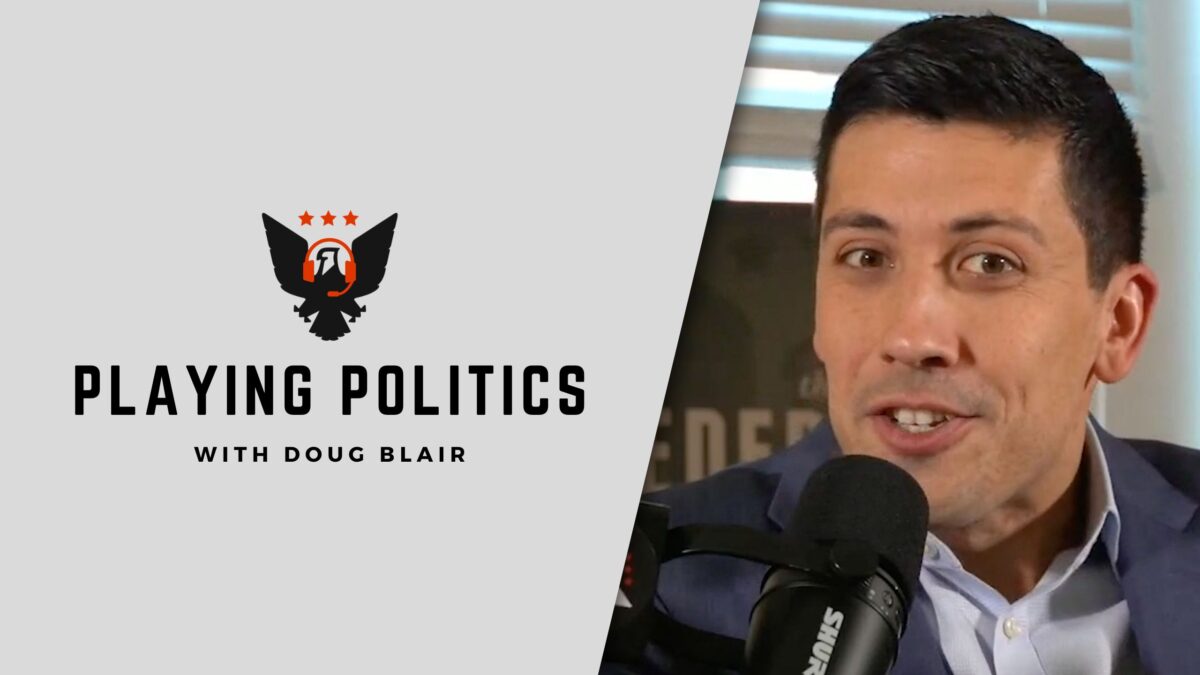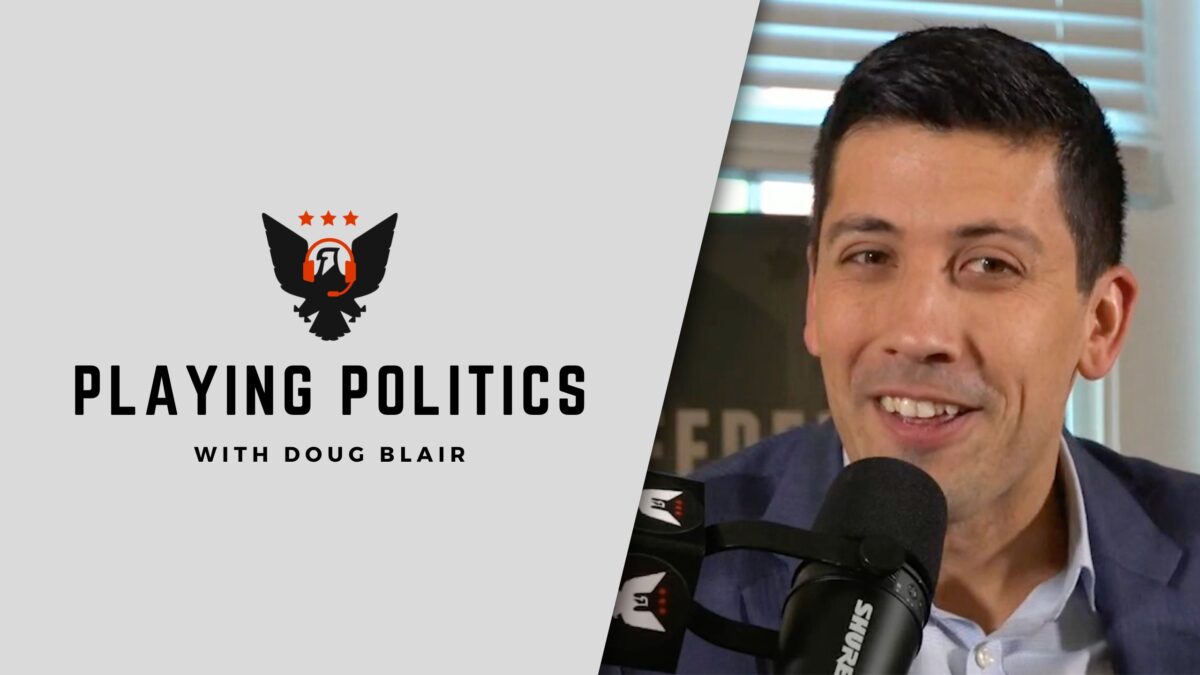
“The consequences for the common good (of casinos) are straightforwardly disastrous.” Ross Douthat, New York Times. November 2013.
Opponents of casinos and gambling will often claim that casinos cause terrible problems. In a way, the opposition to gambling makes for strange political alliances. For example, the right-wing organization Focus on the Family claims gambling “is morally bankrupt from its very foundation.” They also quote the Bible in their opposition. Many on the left also oppose gambling, but for different reasons. For example, some on the left who oppose gambling claim that gambling is like a tax on the poor and uninformed. Others claim that people who gamble are exploited by casinos, which are large corporations. The opponents of gambling think if a new casino moves into an area, it only hurts society. They’re wrong.
Let’s focus on three often-made claims by opponents of gambling, and analyze each claim individually. First, we’ll look at the claim that casinos are bad for the people who gamble. Second, we’ll examine whether casinos harm a local economy, as opponents claim. Finally, we’ll examine the claim that casinos cause an increase in crimes in local areas.
Let’s start with the claim that casinos are bad overall for those who gamble. Some people, unfortunately, do develop gambling problems. I’ve known people who have suffered with gambling problems, and it is heartbreaking. The claim that this is a commonplace situation, however, is not accurate. Most people who gamble don’t experience serious negative consequences. In a recent paper I published in the Journal of Gambling Issues with two colleagues from my university, we surveyed those who gambled (for real money) on Internet poker sites. While 12 percent of respondents did express significant side-effects, like spending too much time gambling, most didn’t. Two-thirds reported no negative side-effects at all, and many report significant benefits from their gambling, such as relaxation or socialization.
It shouldn’t be surprising that people enjoy and find benefits from gambling. In America, people aren’t forced to gamble, yet they do it often. Those who choose to gamble experience enjoyment from going to a casino, much like people enjoy going to a football game, a Broadway show, or spending an evening at a nightclub. The value of the enjoyment people receive from a night of leisure at a casino is significant but often overlooked by those who claim gamblers themselves are worse off when a casino opens.
While opponents of casinos will first try to claim that the patrons of casinos will be worse off if a casino opens, they then turn to the economy of the area that opens the casino, and will claim bringing casinos to an area will have a negative economic impact. Claims like this one on by PBS Frontline can be found on many anti-gambling websites:
… two studies of the riverboat casinos in Illinois concluded that for every one job created by the riverboats, most of the surrounding communities probably lost one or more jobs …
While many make similar claims, it is difficult to envision the situation where a casino that moves into an area actually decreases the total number of jobs. In order for a casino to actually have a negative economic impact, two things initially have to occur. One is expected, and that is that a casino would reduce the economic activity of at least some other local businesses. The second isn’t a given, however, and that is that the casino sends more of its revenue out of the local area than the other local businesses. Let’s elaborate. Suppose people decide to go to a casino and spend $100 instead of to a restaurant. The casino (and previously the restaurant) will enjoy some of that $100 as profits, and the rest goes to workers, equipment, food, materials, etc. For casinos to have a negative impact, they’d have to send more of their money out of the local area for these purchases. While it could happen, it’s not obvious that it does.
Even if these two conditions happen to cause a slight negative impact on the economy, there can still be economic gains. Any time a casino causes somebody to visit (and spend money in) an area when they otherwise wouldn’t, that causes a positive economic impact. Also, if somebody who likes visiting casinos and lives in the local area chooses to stay locally instead of traveling to another casino outside the area, then the local casino has boosted the economy. For example, Pennsylvania’s economy got a boost when it opened casinos as many who otherwise would travel to Atlantic City decided instead to stay (and spend their money) within Pennsylvania.
Overall, most studies seem to show a positive economic impact from casinos. However, there are plenty that don’t. I wouldn’t pay much attention to either side. As somebody who has studied economic impact studies extensively, I can assure you that either side can manipulate their numbers and release a press statement.
Let’s now look into the claim that crime increases dramatically when casinos are brought into an area. First, let’s think about why crime might increase. The main reason you might expect an increase in crime is for those who wish to fund a gambling problem, and steal or embezzle in order to do so. Also, if casinos are populated by people who would be more likely to commit crimes than those who don’t visit casinos, building a casino might cause an increase in crime.
There are reasons to think crime might decrease, however, when casinos enter an area. First, the presence of legal gambling might decrease the propensity for somebody to offer illegal gambling. Local illegal gambling halls would have a much tougher time maintaining their business which would decrease crimes. Second, since casinos can bring additional jobs to an area (especially if they draw in visitors from outside the area), casinos can increase employment and decrease crime. Whether a casino increases or decreases crime is then an empirical question.
Many scholars have examined the influence of casinos on crime, and the evidence is mixed. Some studies have found increases in crime, such as an often-cited one published in 2006 which estimates that 8 percent of crimes in counties with casinos were attributed to the casinos. Other studies come to different conclusions. Scholars from the University of Alberta find that “the introduction of legal gambling can increase some crime rates and decrease others”. Douglas Walker from the College of Charleston summarizes the research in his article in the Oxford Handbook on the Economics of Gambling: “There is clearly good reason to expect some relationship between casinos and criminal activity. However, based on an overview of the literature, there is no conclusive evidence on the relationship between casinos and crime.”
We’ve examined three claims by anti-gambling critics: that casinos hurt its patrons, that the economy in the area is hurt, and that crime increases. The evidence on these issues, however, tells a different story. It is a bit disheartening that an industry serving the public must prove the positive or negative effects of its business in order to open and increase freedom and opportunities for individuals. Think about this: when an issue arises and freedom is at stake, do you defend freedom by a detailed benefit-cost analysis, or by choosing the side that gives more freedom? With casinos, it’s turned into a benefit-cost argument. The numbers still don’t discourage casino expansion, but it’s probably not the best way to make a case for consenting adults to engage in activities.
The author is an associate professor of economics at Susquehanna University. He blogs at MatthewRousu.com.









